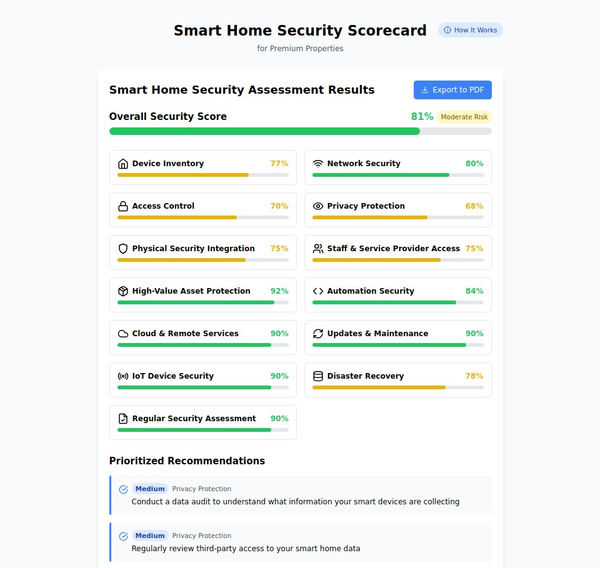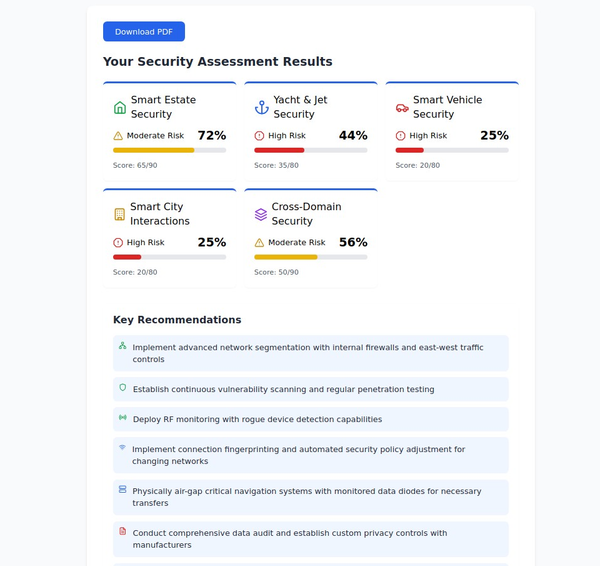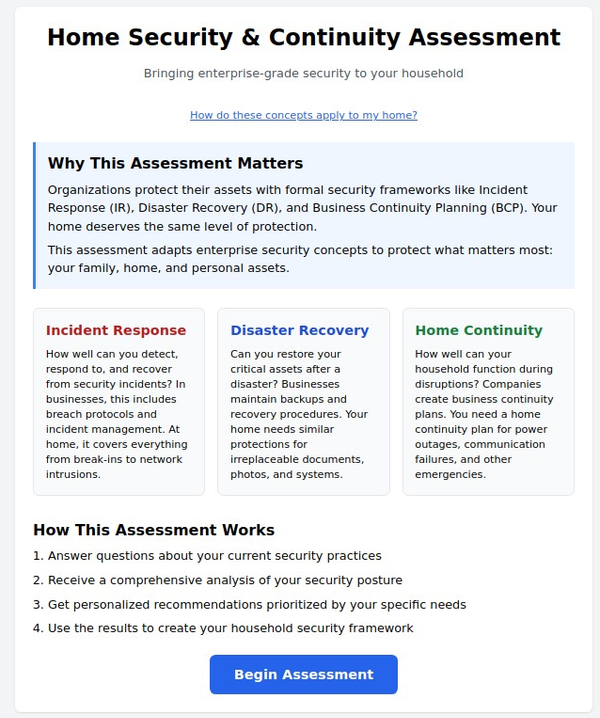The Future of Smart Homes: Trends and Innovations to Watch

Introduction: The world of smart homes is evolving at a rapid pace, driven by advancements in technology and the desire for convenience, efficiency, and sustainability. As we look towards the future, it's essential to stay informed about the latest trends and innovations shaping the future of smart homes. In this article, we will explore key trends and innovations set to revolutionize how we live, providing insights into what to expect in the world of smart homes.
Artificial Intelligence (AI) Integration:
a. AI-powered Assistants:
- Voice-Activated Smart Assistants: AI-powered assistants like Amazon Alexa, Google Assistant, and Apple Siri have become commonplace, offering voice-activated control over various smart home devices and systems.
- Enhanced Personalization: AI algorithms learn user preferences, enabling personalized experiences and customized automation based on individual habits and routines.
b. Predictive Intelligence:
- Context-Aware Automation: AI systems are becoming more intelligent, utilizing data from multiple sources to anticipate user needs and automate tasks seamlessly.
- Behavioral Analytics: AI algorithms analyze user behavior patterns to optimize energy usage, enhance security measures, and provide personalized recommendations for increased comfort and efficiency.
Advanced Energy Management:
a. Energy Monitoring and Optimization:
- Real-time Energy Tracking: Smart home energy monitoring systems provide real-time insights into energy consumption, enabling homeowners to make informed decisions for energy conservation.
- Energy Optimization Algorithms: Advanced algorithms optimize energy usage by automatically adjusting devices, leveraging renewable energy sources, and integrating with smart grids for improved efficiency.
b. Solar Power Integration:
- Solar Energy Systems: Smart homes increasingly embrace solar power systems, utilizing rooftop solar panels to generate clean and sustainable energy, reducing reliance on traditional power sources.
- Smart Grid Integration: Integration with smart grids allows homeowners to sell excess energy back to the grid, contributing to a more sustainable energy ecosystem.
Enhanced Connectivity and Integration:
a. Internet of Things (IoT) Expansion:
- Interconnected Devices: The IoT ecosystem continues to expand, with an increasing number of smart devices seamlessly communicating and exchanging data with each other.
- Unified Control Platforms: Integrated smart home platforms consolidate control and management of various devices, enabling centralized access through smartphone apps or voice commands.
b. Expansion of Home Automation:
- Comprehensive Automation: Home automation systems are evolving to offer more comprehensive control, encompassing lighting, security, temperature, entertainment, and more, providing a holistic smart home experience.
- Integration with Third-Party Services: Smart home systems integrate with third-party services such as weather updates, traffic information, and personal calendars to enhance automation and provide contextual experiences.
Enhanced Security and Privacy:
a. Robust Security Measures:
- Multi-Layered Authentication: Advanced security systems employ multi-factor authentication methods, combining passwords, biometrics, and device authentication to ensure secure access to smart home devices.
- Encryption and Secure Communication: Secure protocols and encryption techniques protect data transmitted between devices, safeguarding sensitive information from potential threats.
b. Privacy Protection:
- Data Privacy Controls: Smart home systems provide increased control over data sharing and privacy settings, allowing homeowners to manage and restrict the collection and use of personal data.
- Local Processing: Edge computing and local data processing minimize reliance on cloud-based services, providing an added layer of privacy and reducing potential vulnerabilities.
Conclusion: The future of smart homes promises exciting advancements and transformative technologies. From AI-powered assistants and advanced energy management systems to enhanced connectivity and security measures, homeowners can expect increased convenience, efficiency, and sustainability in their living spaces. Staying informed about these trends and innovations is essential for homeowners to make informed decisions and embrace the full potential of smart home technology. As technology continues to evolve, the possibilities for smart homes are boundless, offering endless opportunities for creating smarter, more connected, and personalized living environments.
